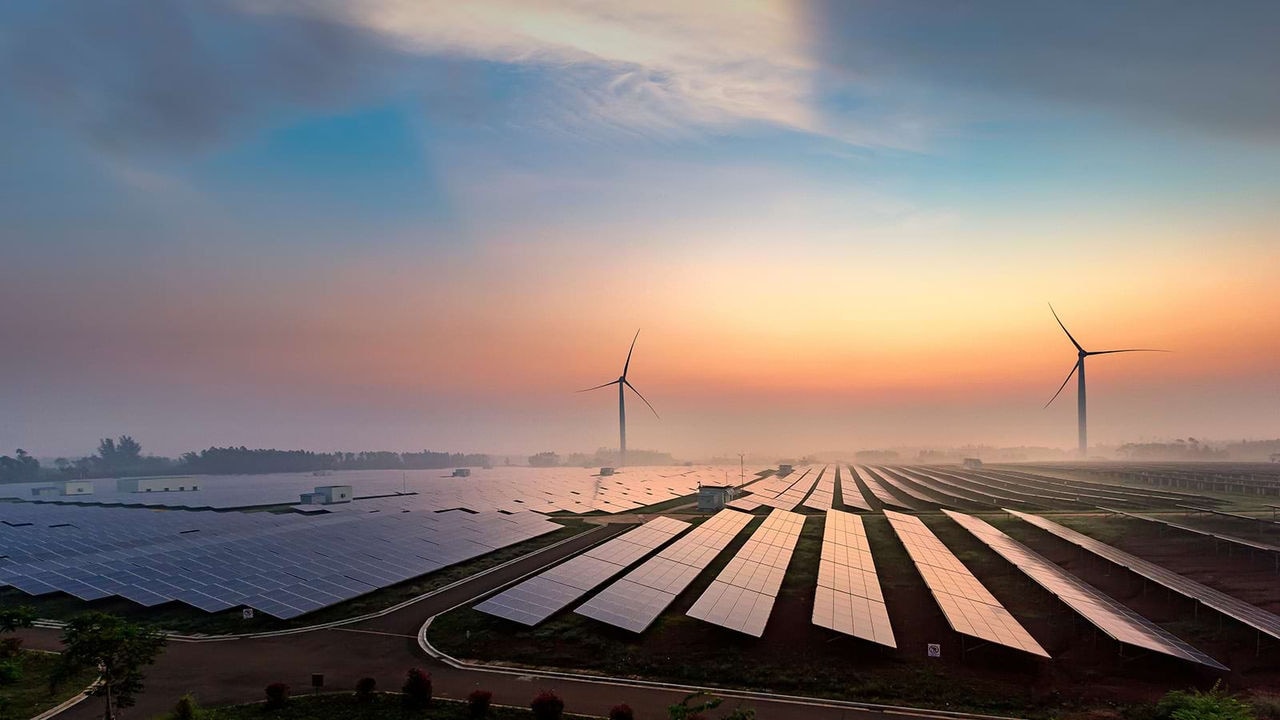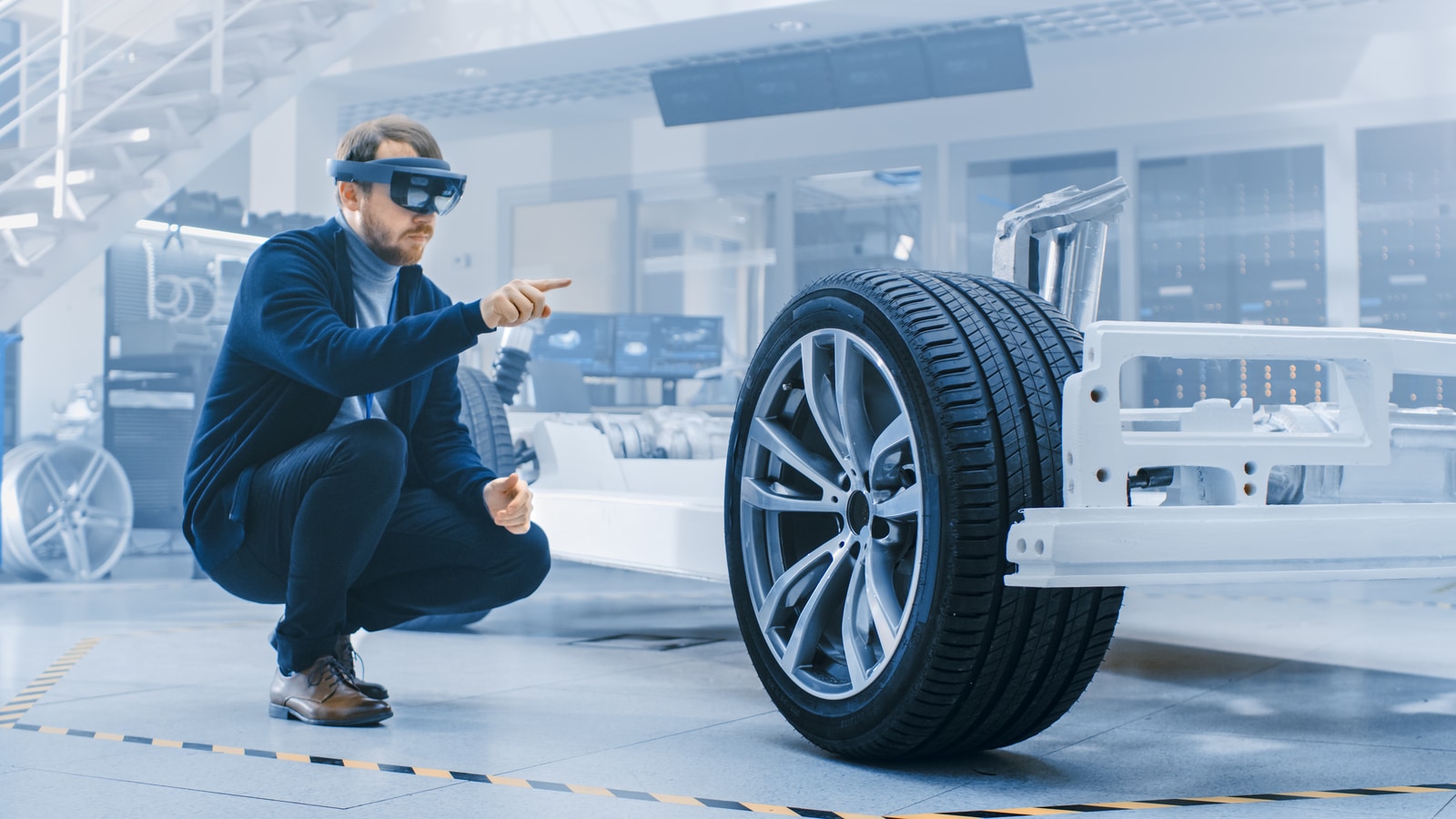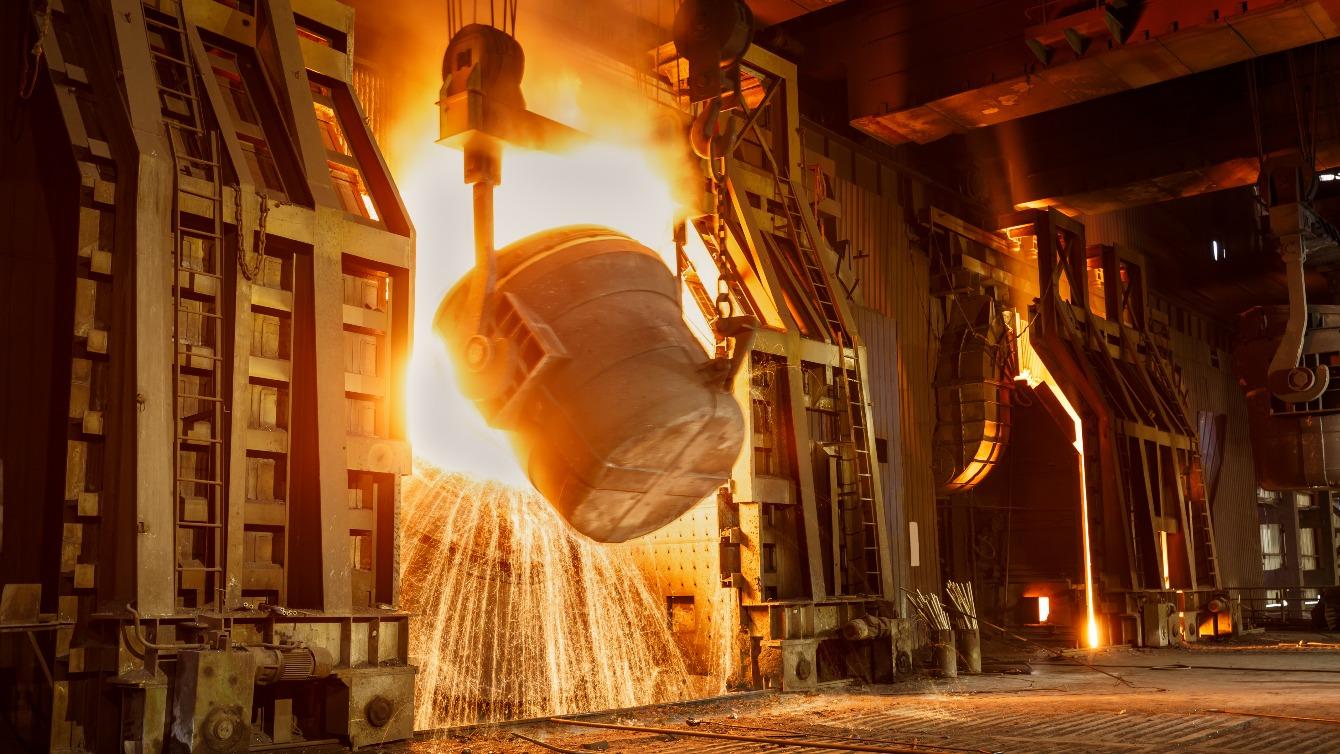
Net Zero

Sustainable decisiveness:
from net zero as ambition to net zero as standard
Net zero is currently one of the most ambitious and necessary goals. It has an impact on the planet and on organizations. To transform, one must not only look at their own business model from a different perspective, but also map out the entire supply chain, decarbonize, and make it more sustainable. This requires a vision for the energy transition, a thorough data approach, the smartest technology, and unprecedented expertise. Our specialists help organizations make the right choices on the path to net zero. Together, we make your actions count.
Net zero and transformation explained
Why a net zero transformation is essential now
Sources: PwC’s CEO survey and Transforming Energy Demand
Clients

JAB
From project to process, because integrating sustainability into strategy is a long-term process.

Automotive
International automotive company in five strategic steps towards a sustainable future.

Vitens
Transparent reporting and creating value wider than the financial result.
Energietransitie uitgelegd
What the energy transition means for your company
The net zero transformation is inextricably linked to the energy transition. Without a fundamental change in the way we produce and consume energy, achieving net zero emissions is virtually impossible. The current energy supply is uncertain and the consequences for business are major. Paul Nillesen, PwC partner and energy specialist, explains in this short video what the energy transition entails, what it means for your company and what the three ways are to deal with it.
Climate risks to EU commodity supplies
Protecting people & prosperity
Climate change poses a serious and growing threat to the world’s ability to produce essential commodities. Our latest report: Climate risks to US and EU commodity supplies examines how accelerating climate change, such as heat stress and drought, could disrupt their production in the EU, potentially affecting global supply chains. These minerals and metals are critical to transportation, construction, manufacturing, electronics and the green transition, while food crops supply 42% of human calories.
Even in a best-case scenario in which greenhouse gas emissions rapidly decline, climate change will cause heat stress and drought to occur with far greater frequency and severity. Learn how these shifts may impact businesses worldwide in our new report.


Successful decarbonisation thanks to PwC's nine building blocks
Setting your goals, growing an ambition and ensuring alignment across the organisation: creating a net zero ambition is an essential step towards decarbonisation and towards defining the net zero strategy. PwC helps companies move towards net zero using nine building blocks. These net zero building blocks impact all parts of the organisation, the business model, and the entire supply chain. It’s vital to fully integrate the net zero trajectory within the company strategy, to innovate, and to transform the organisation to decarbonise successfully. PwC's specialists - from climate experts to accountants and from tax specialists to transformation consultants - help with this.
Making sure your actions count too.
Ready for sustainable results?
PwC’s sustainable actions
Anyone who aims to be and remain future-proof must engage with sustainability, the energy transition, and the path to net zero. This also applies to PwC. Globally, PwC is doing everything possible to operate at net zero by 2030. Discover how we are doing this and what PwC's Corporate Sustainability Team is doing in the field of sustainability.

























